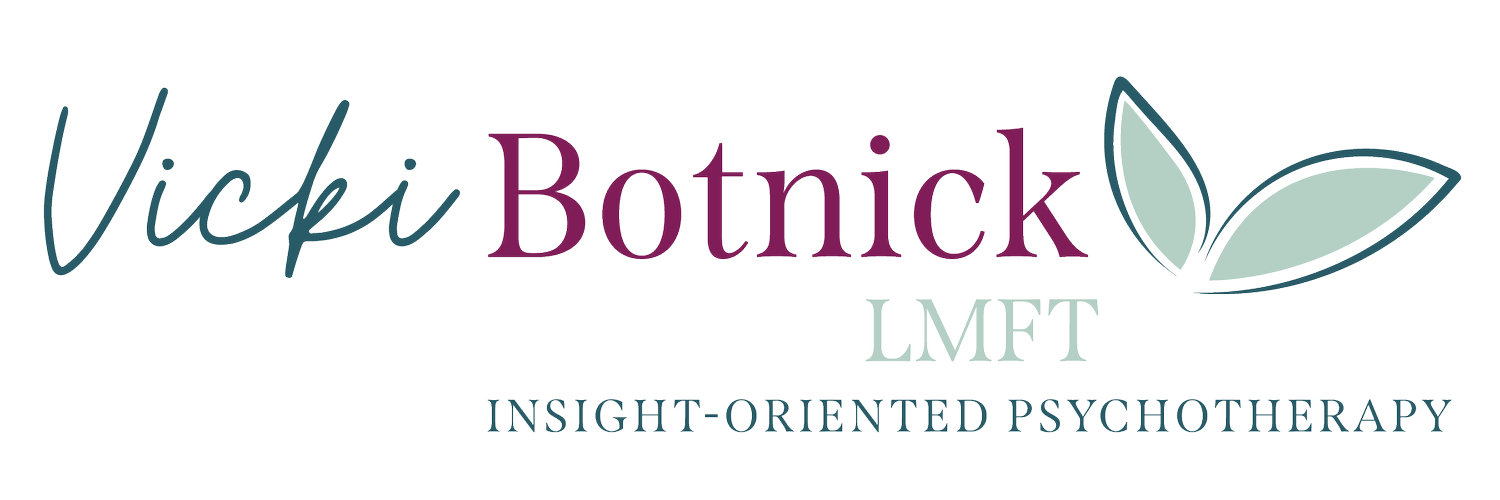Keeping Your Mouth Shut Might Make You Sick
Therapists know that talking about something, over and over, is almost always more helpful than harmful. It turns out that this is even true when it comes to talking about things that are incredibly painful, scary and upsetting. New findings on the reactions of people who have PTSD and are in research studies shows this. So whether your trauma is major or minor, sitting on your story might make you feel safer, but in the long run you’re really missing out.
Here’s what the studies show: Over the past twenty years or so, researchers have been worried about the potential downside of doing studies with people with PTSD. Most trauma studies ask participants to remember seriously terrifying memories, and some deliberately provoke the memories, then measure reactions. For a long time, investigators guessed that this process would re-traumatize people, and took steps to minimize the possible consequences.
But over the past ten years, studies have gauged the actual effect of this research, and have found that the opposite is often true. Overall, participants had positive experiences with research studies. Most felt minimally distressed. And the suffering they did feel often didn’t even last until the end of the study.
Looking more closely at the distress itself, one thing in these studies became clear: pain isn’t always seen as negative. This is counter to everything we’re taught in Western society, but anyone who’s been through a hard time knows that it’s part awful, part kind of amazing.
Although there clearly are risks involved in asking people to recount painful experiences, the pain felt by some was not the same as the pain that came from the traumatic experiences themselves. Instead of being victimized, now participants were in control of when to tell their stories and how. It turns out that direct questions don’t tend to bring up painful memories the way that more subtle reminders can. Plus, the benefit outweighed the pain: remembering the past was cited as both upsetting, and insightful. Subjects learned more about themselves and their past experiences from recounting them during the study. Another advantage was altruistic, in that subjects were happy to know they were helping others with the same issues.
Most people studied found it useful to reflect on their experiences, and some, even those who felt distressed during the questioning, reported several days’ worth of relief afterward. It’s simple, really. Talking through the memories makes them less powerful. Research shows that people with emotional traumas long to talk about it, and that opening up and sharing their stories is a way to alleviate the pain. In their essay “How Can We Research Human Suffering?” Maria Arman and Arne Rehnsfeldt even give a name to the phenomenon of living through trauma and then not having a chance to talk it through: doubled suffering.
Learn more about trauma therapy here.
If you’re ready to find support with therapy, schedule a free consultation here.
